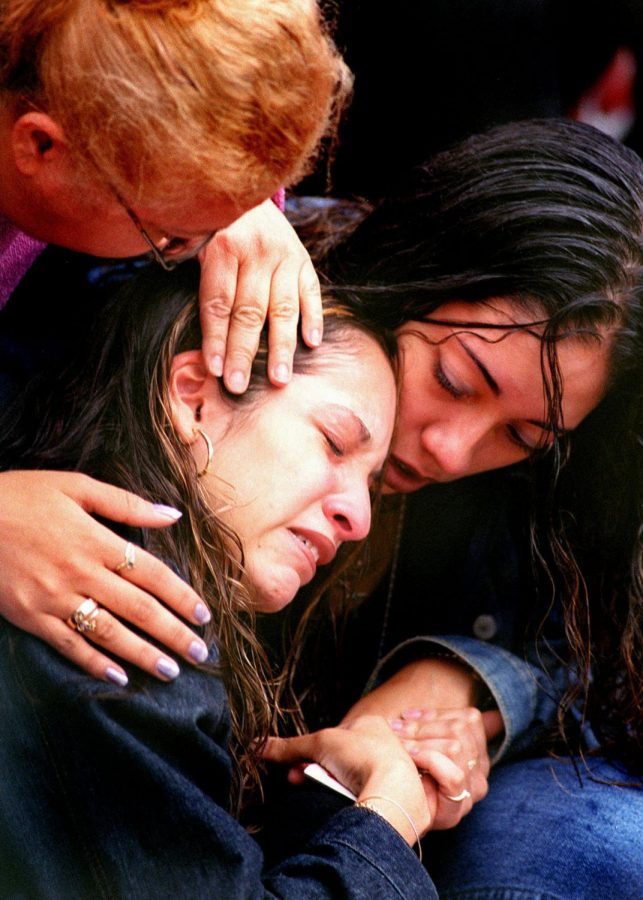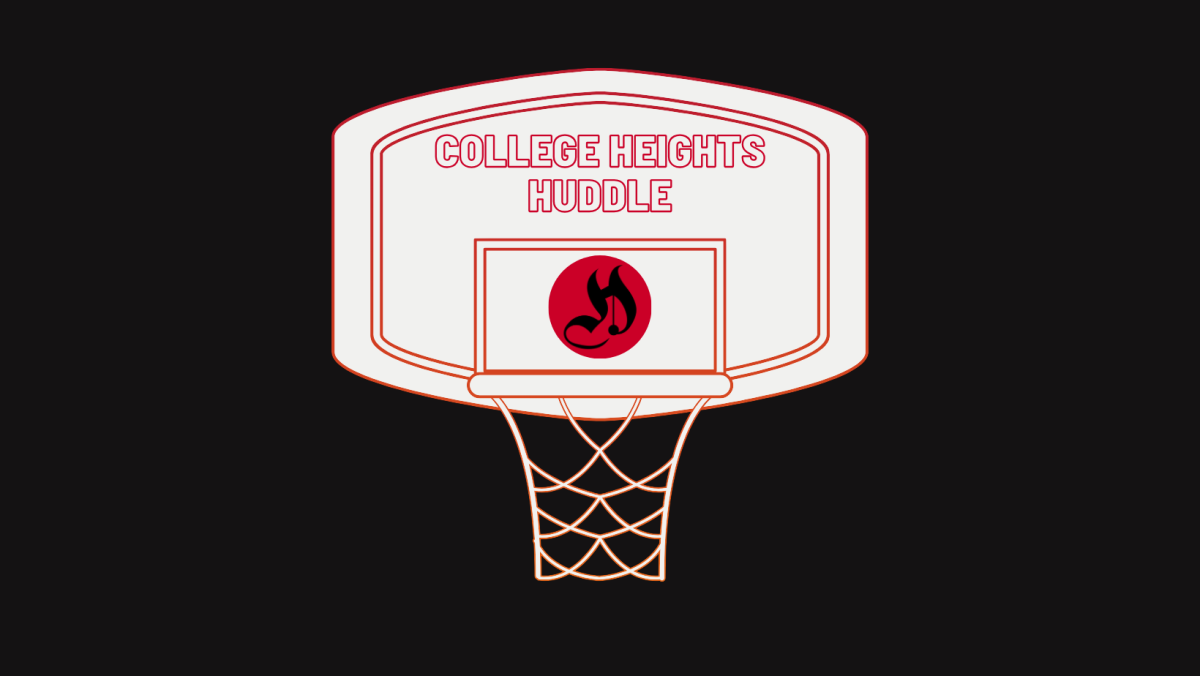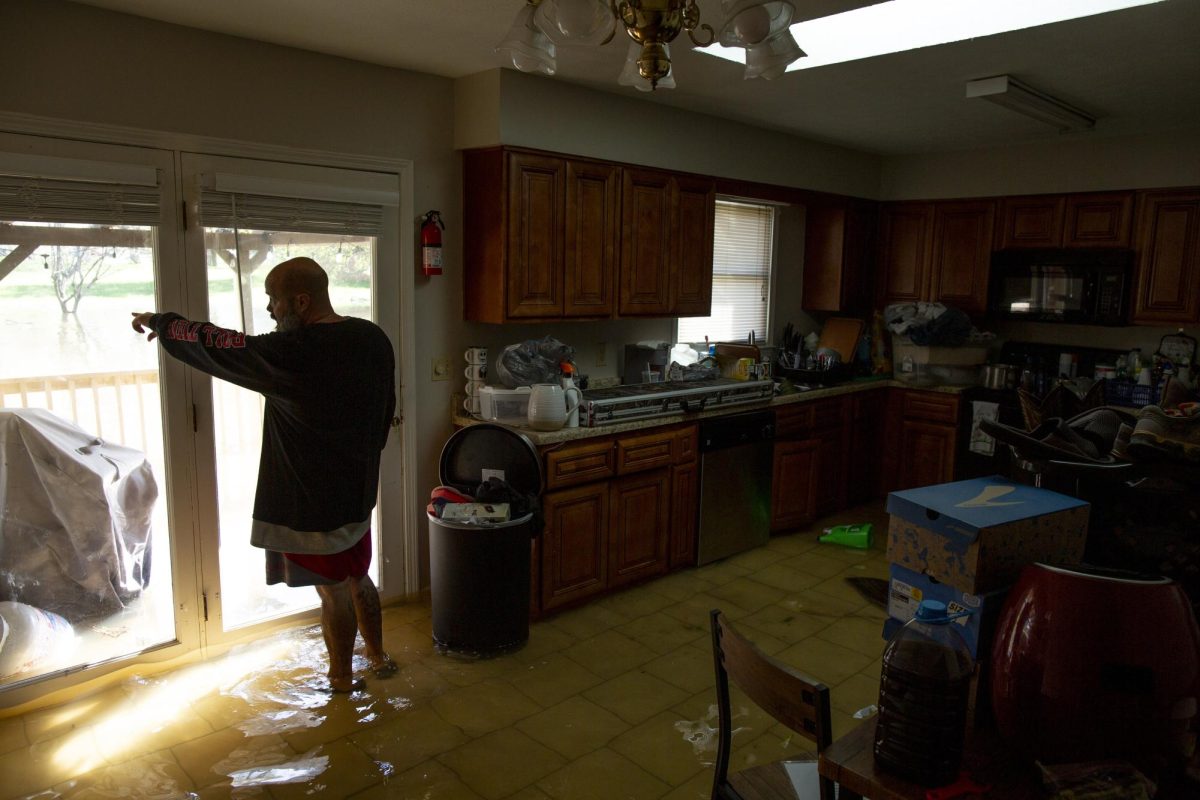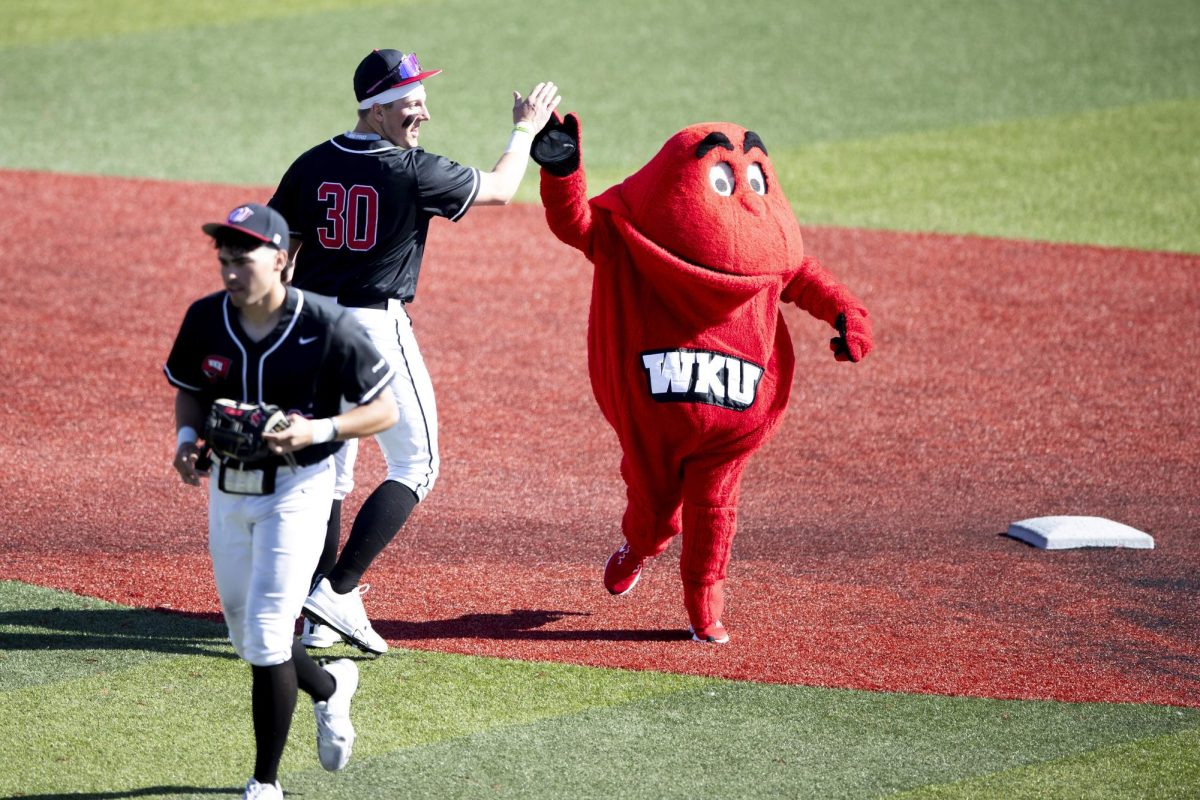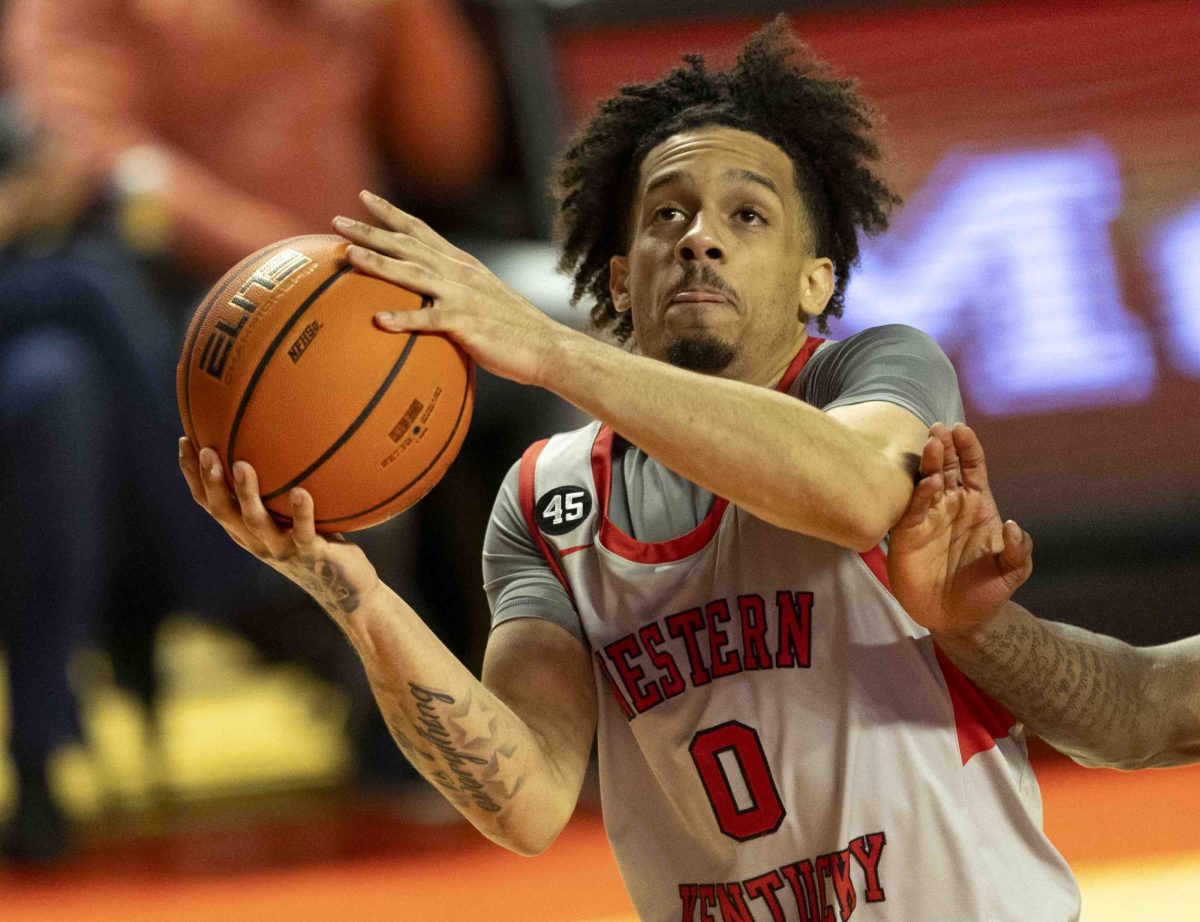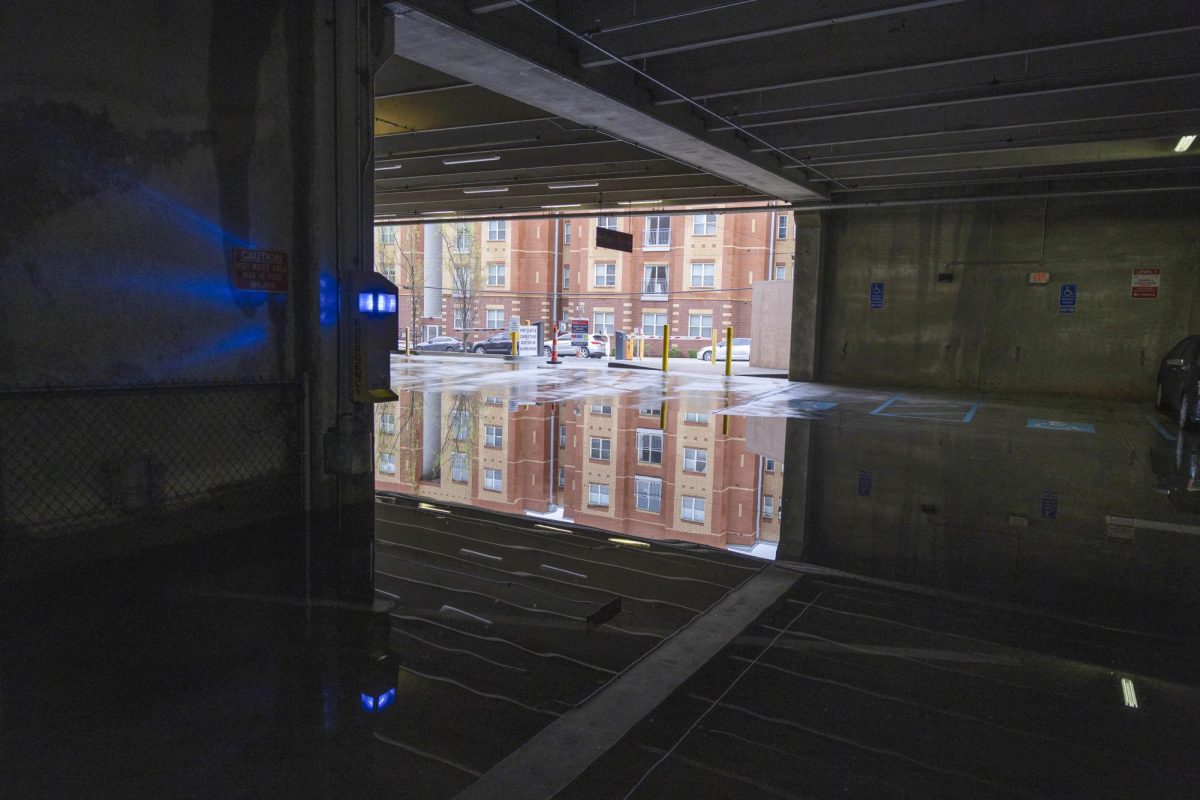Herald alumni reflect on covering 9/11
An unidentified women cries as she is consoled by her friend and a stranger in Union Square on Sept. 14, 2001 during a memorial for the people lost in the World Trade Center attacks in New York City. (Jeremy Lyverse/Western kentucky University)
September 11, 2021
In light of the events on Sept. 11, 2001, the College Heights Herald put out an extra paper covering the impacts the attacks of Sept. 11, 2001 had on the WKU community.
The extra edition of the Herald included reactions on campus, how the attacks affected students and faculty, and how the attacks could impact the treatment of international students.
Former editor-in-chief of the College Heights Herald Ryan Clark walked up the hill for an early meeting on Tuesday, Sept. 11, 2001.
“It started off like any other day,” Clark said.
After putting together the Tuesday Herald issue late Monday night, Caroline Lynch Pieroni was awoken by a call from her mom on Sept. 11. Pieroni was the managing editor for news at the Herald.
“What was interesting is it seemed that all the folks made their way up to the newsroom, which at that time was at Garrett,” Pieroni said. “We all floated up there and then we’re talking about ‘what are we going to do.’”
Once Clark got to the office, he was immediately told that something was going on, and his eyes were glued to the small TV they had in the newsroom.
“All of the things we thought were problems, or that we thought meant anything, went out the window,” Clark said. “We couldn’t believe what we were watching,”
After the staff realized the significance of the event, they quickly decided to do a special edition newspaper for the next day.
“At that point, we didn’t know if this was the start of something, or if there was going to be more of this that happened all over the country,” Clark said. “So we just did what we do.”
Clark said the special print became their mission for the rest of the day, and that it ended up being a success.
Whenever Pieroni made it to the office, she sat with Clark and other reporters to figure out what stories to report on. Pieroni said the Herald staff spent over 12 hours working in the office that day.
“We just sort of sat down in our editorial room and started sketching out what the stories would be,” Pieroni said. “[We discussed] what are the local stories, who here had family there who might be impacted covering what it was like when people were in classes as this was happening.”
While the Herald didn’t send reporters and photographers due to the uncertainty of the situation, some went on their own to report and shoot the aftermath.
“The images we got over the next two weeks were incredible,” Clark said.
To Clark, Sept. 11 brought emotion into journalism for the first time. He said that since then, it is more common for sympathy to shine through news stories covering tragic events.
Clark said that even 20 years later, he still hasn’t been able to process that day.
“I’m not sure I’ve ever really dealt with it,” Clark said. “It still seems almost kind of unreal.”
He said he felt like he and his staff were making a difference in their reporting.
“People wanted to know what was going on so much, that it made our job so important,” Clark said.
Pieroni said the reflection and processing of the attack didn’t happen until after they published the special edition of the paper.
“It was almost like the world was experiencing it,” Pieroni said. “It was hard to put the work first, but necessary, and we did it.”
When covering Sept. 11, Pieroni was only 21 years old, and said this was her first time dealing with emotions while reporting on a subject.
“I’m not sure I had been through anything yet, where it impacted me and I was a reporter writing about it,” Pieroni said. “ It was like we spent a couple of days, just writing, editing, putting out this special section, and then it wasn’t until after that we actually sat down to process that ourselves.”
In the special edition, Clark wrote a piece called “Time Stood Still,” the page included Clark’s feelings about the attacks accompanied by photos of students watching the attacks on live television, lighting candles or in class.
“I can’t comprehend what happened on Sept. 11, 2001, but I’m sure I’ll remember where I was,” Clark wrote. “I worked in the Herald office, helping chronicle the terror of the situation none of us can understand.”
Digital News Editor Debra Murray can be reached at debra.murray940@topper.wku.edu. Follow her on Twitter @debramurrayy
Projects Editor Jacob Latimer can be reached at jacob.latimer745@topper.wku.edu. Follow him on Twitter @jacoblatimer_


